“It’s important to recognize our place in the world. I don’t believe that we’re managers or even stewards of the world – we are guests.”
Talk about sustainability, and Tyler Robinson lights up. The strategist formed a strong connection with nature growing up in Hawaii, and that passion, combined with his love for travel, has blossomed into a professional focus on sustainability, start-ups, and destination marketing. So far, Tyler’s career has taken him to places like Sweden to study environmental management, and on “a little tour of Canada” during his time at Destination Think, including Vancouver Island and Toronto, his current home city.
As a member of our strategy team, Tyler has brought significant insights to several projects, including the Aspen Destination Management Plan, a five-year strategy resulting from extensive community engagement. He’s on a mission to find climate solutions that help DMOs make better places for people to live and visit while taking care of the planet.
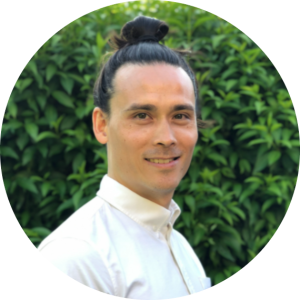
Tyler Robinson, Senior Strategic Consultant at Destination Think
David Archer, Editorial Manager at Destination Think: How would you describe your career so far?
Tyler Robinson, Senior Strategic Consultant at Destination Think: I’ve had a variety of roles and responsibilities. Some common threads are sustainability and working in the startup environment. I’ve worked for startups in cleantech, in software for impact measurement and management in the sustainability world, and for a solar panel battery company. I held different positions in those companies, but the impact on sustainability has been my driving force in attracting me to opportunities, and it’s certainly what attracted me to Destination Think.
Why did you join Destination Think? What are you looking forward to while working here?
Sustainable travel is the intersection between my purpose and passion. My purpose is centred around creating a more sustainable world, particularly related to climate change, and my passion is exploring. I’ve always been excited about travelling and living in different places throughout my life, so it’s exciting I’ve had the opportunity to explore the world. When you combine those elements of purpose – sustainability – and passion – the ways I like to experience the world – into one project, that’s when you get a version of me that’s completely lit up.
Tell us about your experience in and passion for sustainability and how that led to your current work with AirMiners.
My love of the environment was instilled in me from my earliest memories growing up in Hawaii. All my formative experiences back then were inspired by nature and that shaped me throughout my entire life. In that community, it made sense on a deep level that we lived in alignment with the natural environment – especially through our connection to food sources, through recreational activities, the ways in which we found joy, and the local economy.
Sustainability has been part of my world for decades now. My undergraduate degree was in business and entrepreneurship, so, from early-on, I was interested in building companies trying to have a positive impact. I also did my master’s in environmental management in Sweden.
Following those experiences, I began working with AirMiners, which started as a Slack community of entrepreneurs and scientists dedicated to removing carbon dioxide from the atmosphere. I’ve been lucky enough to help build out that community with the founder. The area where I’m focusing most of my time at AirMiners is Launchpad, an accelerator for early-stage carbon removal solution companies. We take around 10 companies through a curriculum, a series of speakers, and coaching or mentorship. We try to tap into the community to move those companies toward commercialization and scale. The larger mission of AirMiners is to get to gigaton-scale carbon dioxide removal, or drawdown. That’s what we’re going to need, along with mitigation, to navigate our way through this climate crisis. It’s rewarding to be able to work with entrepreneurs so passionate about building solutions in that space.
What opportunities are ahead for DMOs in terms of the climate crisis? What role could they play in climate solutions?
A DMO has the ability to effect change across all three buckets of solutions: adaptation, mitigation, and drawdown. And they have the responsibility to play a role across all three.
How might that change happen?
That’s the million-dollar question, because, at first glance, it can seem like the tools DMOs have access to are quite limited in effecting change related to climate. One of my missions is to innovate solutions and expand a DMO’s mandate starting from what they already do well, which is communication and education. Being able to connect with people at a human level – that’s a skill they have today. My hope is that additional tools can be added to the DMO’s toolbox to allow them to expand their influence.
When our strategy team engages with DMOs, we categorize recommendations under lead, partner, or advocate. The DMO has the skillset to lead some activities, but there are changes that a DMO won’t be able to make without finding appropriate partners, whether it’s an environmental group or another organization to multiply impact. In some cases, it’s using a lobbying or advocacy-type skillset to raise awareness and throw weight behind certain initiatives.
While the DMOs of today often focus on communications, true destination management and placemaking requires more multidisciplinary skillsets. I see the DMO leaders of tomorrow composed of teams with backgrounds in urban planning, politics, transportation, ecology, and social sciences.
What do you love about the travel industry? Do you have a favourite travel experience?
I’ve been lucky enough to travel to a lot of amazing places around the world, so it’s hard to choose just one, but my trips to the Philippines are particularly special because my mom emigrated from the Philippines when she was a teenager. When I get to go back there, I get to connect with that side of my family and experience the culture through food and surfing. Those trips are always really special.
In what ways does (or can) travel make the world a better place for everyone?
One good example of a regenerative tourism plan comes from Destination Think’s work with Tourism Bay of Plenty. The team at that DMO is leading many initiatives where they can, but they’re also partnering with Indigenous groups to help multiply their impact and focus their energies effectively. They are advocating for change beyond what is normally within a traditional DMO’s mandate. This way, they’re affecting more than just the tourism industry. They’re using tourism as a vehicle for change and finding solutions within the industry to push back against these larger issues, recognizing that, while they may not be able to solve a problem on their own, they can take responsibility for their piece of the solution.
Is there anything else you’d like to tell destination marketers? Or anywhere you’d like to point people to find out more about your work?
I would emphasize that it’s important to recognize our place in the world. I don’t believe that we’re managers or even stewards of the world, we are guests. At Destination Think, we talk about how you should treat your visitors as guests, and they’ll treat you like a host. I feel like Mother Nature has treated us like guests, but we haven’t been respectful, and we’re going down a path where we won’t necessarily have a hospitable environment forever if we keep acting that way.
This interview has been edited and condensed for clarity.
Feature image: Luke McKeown, Unsplash


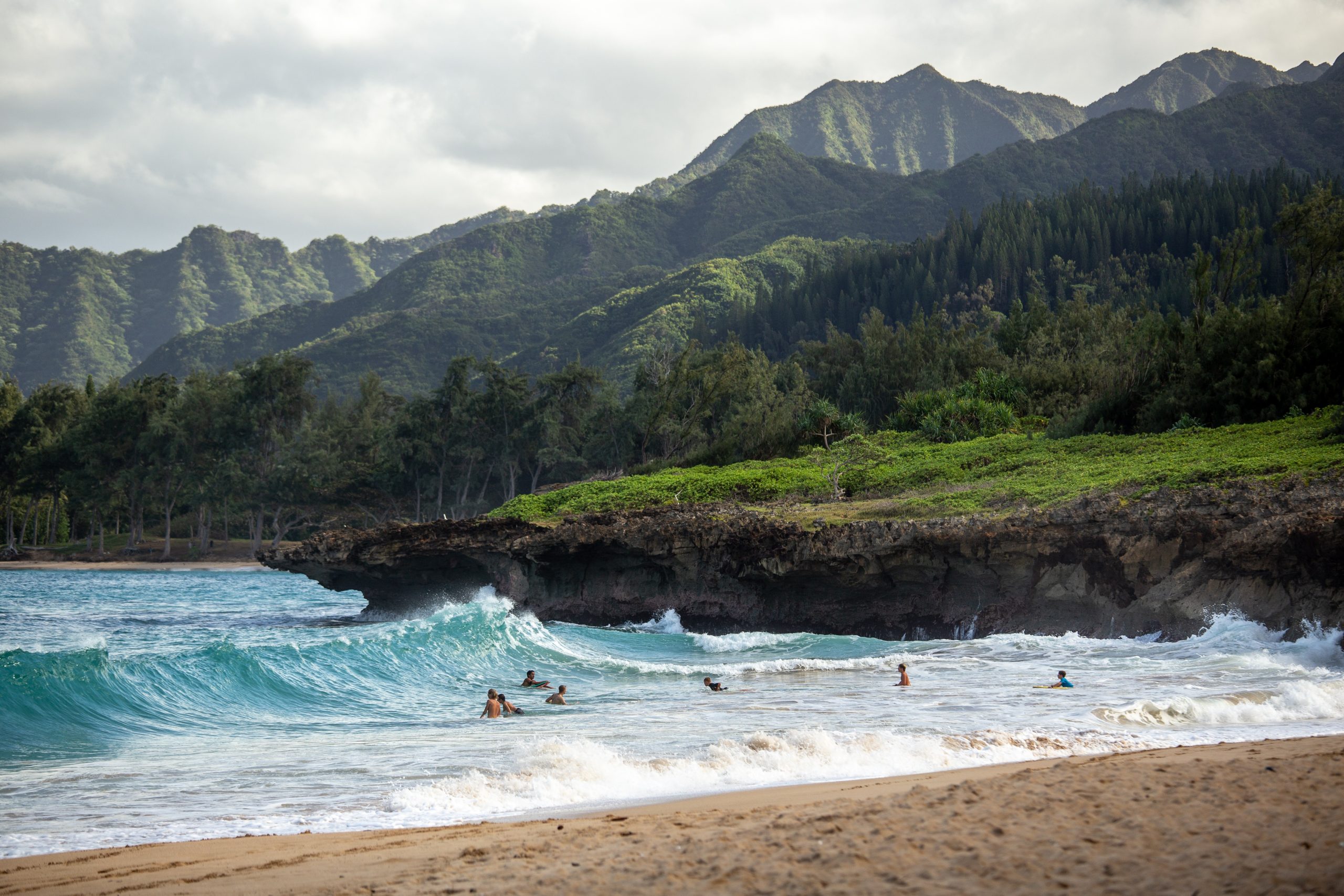

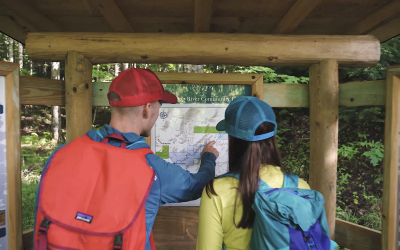
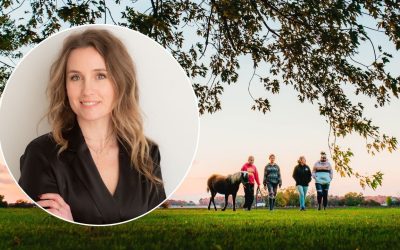
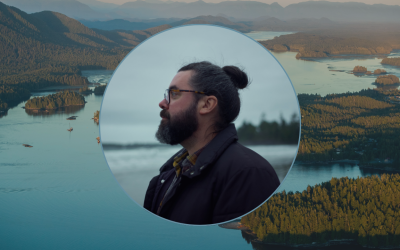



0 Comments